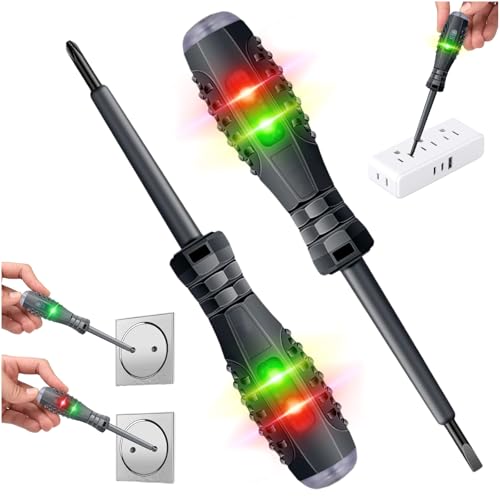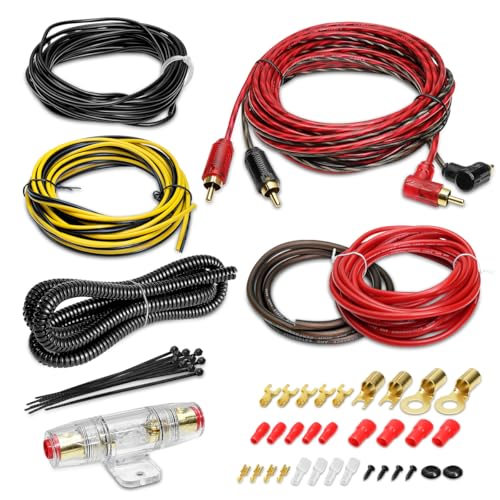MrReference
New member
Hi all, not an electrician of any sort, just looking for some expert advice on PAT testing equipment.
We want to carry out this ourselves in-house and looking for advice on a machine that will cater for all our needs.
1. Budget upto £500
2. Is it a requirement that someone has to do a course before carrying out the test? I have seen an online course, again if someone has any recommendations that would be appreciated.
3. We are a typical office/warehousing operation, PC's, printers, kitchen equipment
Thank you
We want to carry out this ourselves in-house and looking for advice on a machine that will cater for all our needs.
1. Budget upto £500
2. Is it a requirement that someone has to do a course before carrying out the test? I have seen an online course, again if someone has any recommendations that would be appreciated.
3. We are a typical office/warehousing operation, PC's, printers, kitchen equipment
Thank you
































































